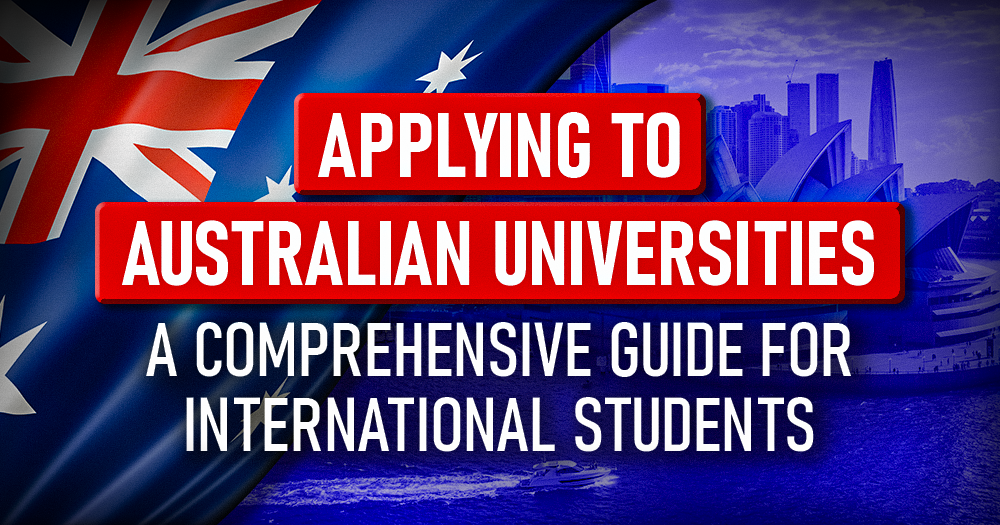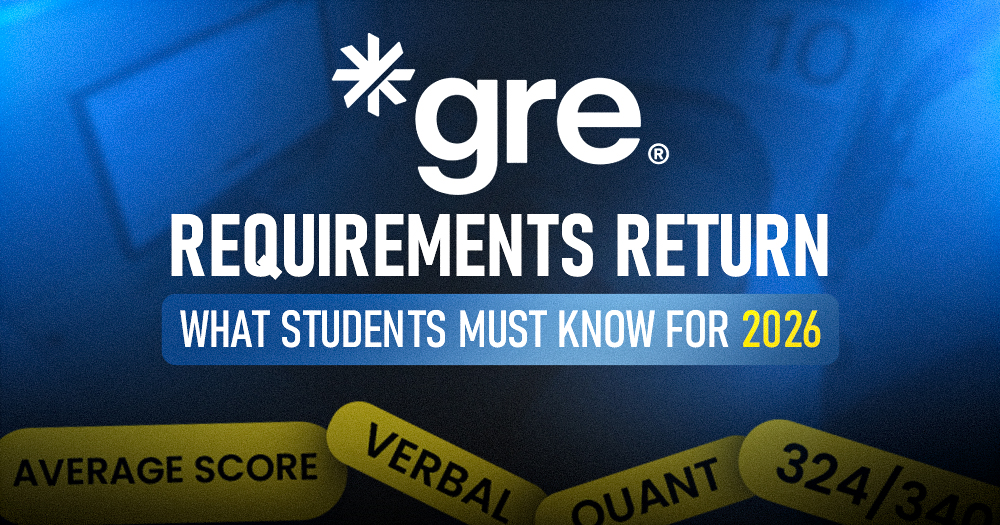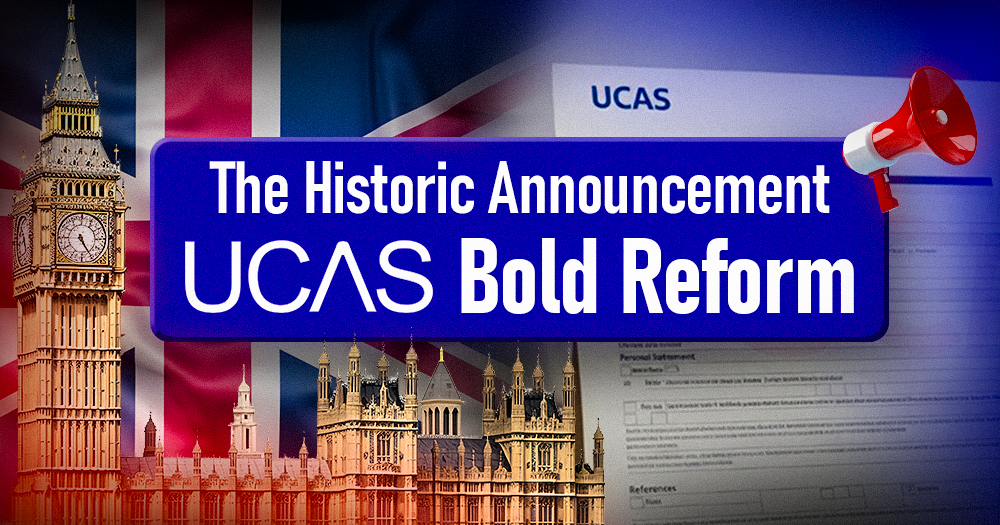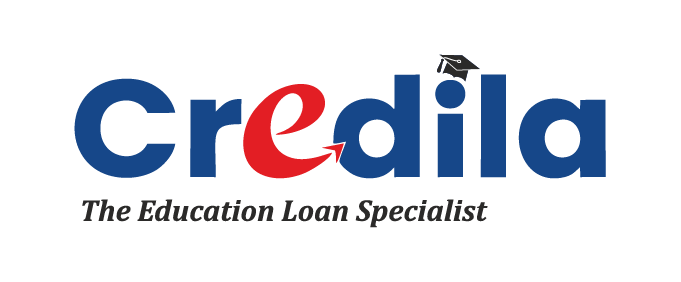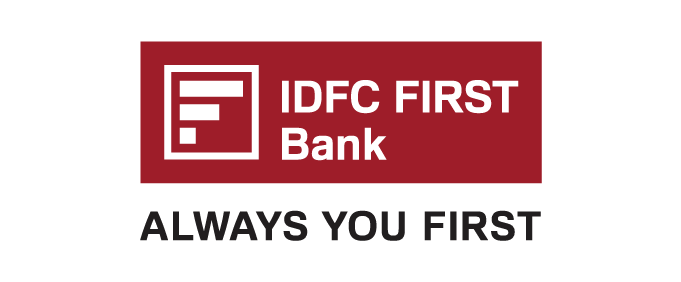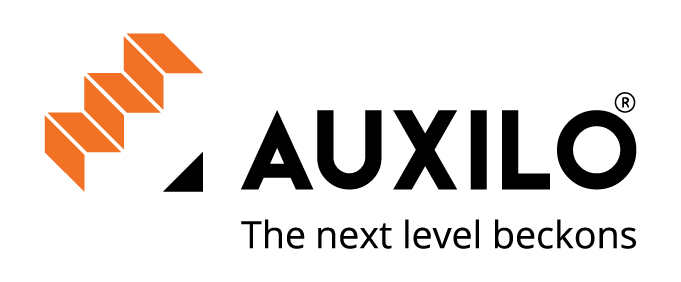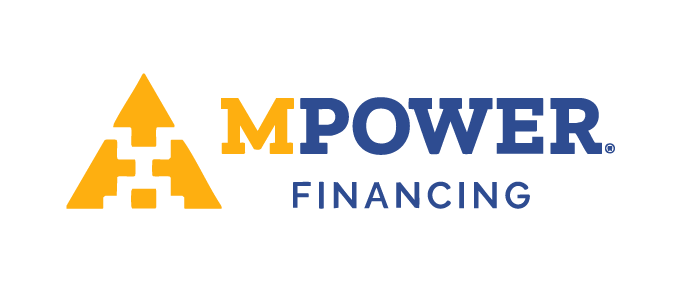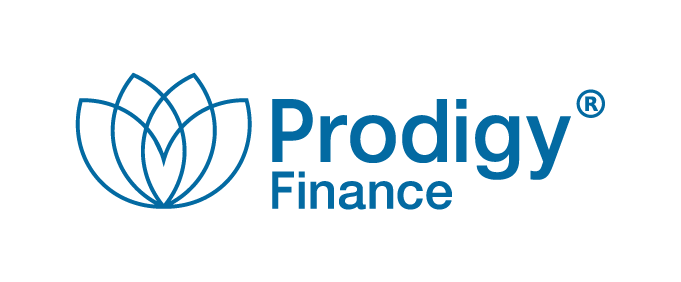A comprehensive look at what to do in order to maximize your chance of earning a positive reply on your Canada Study Permit application.
In recent years, Canada has proven to be a paradox when it comes to international student Visas. While it had planned to welcome 1.5 million immigrants during the three-year period from 2022-2025, its student Visa rejection rate has been among the highest. From a rejection rate of 35% in 2019, it had hit 60% in 2022 (meaning 6 out of every 10 Visa applicants were refused despite having an admit!) before improving marginally. And despite this, securing a Canadian student visa (also called a Study Permit) is not that difficult, if you plan your application well.
Now, we won’t say that we have not seen our share of Canada Study Visa rejections for Canada (any agency claiming a 100% success rate for Canadian Visa is plain lying) but we can safely claim, that through the process that we follow for helping our students with their Study Permit applications, we have been able to ensure that none of our students who have a genuine case for themselves have got rejected. What we mean is, with us, only those students whose applications had genuine areas of concern (which were not possible to address due to peculiar circumstances that the students were faced with) got their Visas rejected.
What this also means, is that we have the right approach (shall we say, proven right over the years) to help you maximize your chances of securing the Canadian Study Permit. With that being said, we could first look at why student Visas for Canada earn rejection, so that we can explain what you should do (or rather how we attempt) to minimize the scope for rejection.
Reasons for Rejection of Canadian Study Permit
The following are some common reasons why study permit applications may be denied to international students:
1. Lack of Genuine Intent
Remember, just because we told you that Canada is an immigration-friendly country (it genuinely is) does not mean it will permit you to use your study plans as a step towards settling there permanently. If the Canadian immigration authorities suspect that you have an ulterior motive behind applying for a student Visa, and do not have plans to return to your home country upon program completion, then your Visa will get rejected.
2. Application to a study program irrelevant to past background
If you are applying to a study program that is not directly related to your past academic or work background, it may be looked at negatively by the Visa authorities. This is because it may seem like you are applying to a study program as a step towards somehow getting entry into Canada. And then read the first point again.
This of course, does not mean that you cannot apply in a field that you have newly found your interest in. However, this has to be appropriately justified in the Visa SOP, which is something we have covered a little below in this blog.
3. Failure to Demonstrate Strong Ties with your Home Country
This point follows from the above. It is essential to demonstrate that you have strong ties to your home country and that you have compelling reasons to return after completing your studies in Canada. If the immigration officer believes that you may not return to your home country after your studies, your application may be rejected.
4. Insufficient Financial Resources
Canadian Study Permit applicants are required to demonstrate that they have enough funds to cover their tuition fees, living expenses, and other costs associated with studying in Canada. If you fail to provide sufficient evidence of your financial resources or your ability to support yourself during your studies, your application may be rejected. There are certain criteria that you need to meet when it comes to financial planning for studying in Canada. In order to ensure that you do not face any hassles in the process, it is advisable that you consult a professional financial consultant who can help you chalk out a financial strategy that is best suited for your case.
5. Incomplete/Inaccurate Documentation
Submitting incomplete or inaccurate documentation can lead to the rejection of your study permit application. It is crucial to carefully review and ensure that all the required documents, such as your letter of acceptance from a Canadian educational institution, proof of financial resources, and other supporting documents, are complete and accurate.
6. Past Visa or Immigration Violations
If you have a history of visa or immigration violations in Canada or any other country, it can negatively impact your study permit application. This includes overstaying a visa, providing false information on a previous visa application, or being deported from Canada or another country.
7. Failure to Meet Health or Security Requirements
Canadian immigration authorities may conduct medical examinations and security checks as part of the study permit application process. If you fail to meet the health or security requirements, your application may be denied. This can include having a medical condition that may pose a threat to public health or safety, or having a criminal record.
8. Performance in Language Proficiency Test
If you are applying through the SDS (we will talk about this later) route, your IELTS band has to be at least 6.0. At Collegepond, we ensure that none of our students who are applying to Canadian universities has an IELTS score below this band, as there is a very high risk of Visa rejection.
In case you have taken the TOEFL exam, we ask students to take the non-SDS route. Although there is no specific benchmark that is officially recommended for the TOEFL score, we still suggest students retake the exam in case their score is below 100.
Now, you cannot change your past history (essentially you cannot do much if you are going to be rejected for reasons such as past Visa violations or a criminal record). Also, you cannot overnight improve your personal health (although, in all the years of our counselling experience, we are yet to see a student being denied the study permit on health grounds). You also cannot change your language proficiency test scores at this late stage. However, these reasons are not applicable for a significantly large number of students who apply for education abroad. And we are sure that even you don’t have to worry about them.
That being said, from our experience, we can confirm that reasons 1-5 will lead to the bulk of Visa rejections. And the reason our students enjoy a high acceptance rate even for a Canadian study permit is because we follow some stringent rules to ensure that our students’ applications are not rejected for those reasons.
So how do you go about applying for the Canada study permit? Here’s a quick step-wise guide for the same:
A 5- step guide for Canadian Student Visa Process
You can start the student visa process once you have secured a Letter of Acceptance from a Designated Learning Institution.
What is a Letter of Acceptance?
A Letter of Acceptance is an official document issued by a designated learning institution in Canada to confirm that a student has been accepted into a specific program of study. It serves as proof that the student has met the admission requirements of the institution and has been offered a place in the program. The Letter of Acceptance typically includes information such as the student’s name, the name of the institution, the program of study, the duration of the program, and any conditions or requirements that the student must fulfill before starting their studies.
The Letter of Acceptance is an important document that is required as part of the application process for a Canadian Study Permit. It is typically one of the first steps for international students in the process of studying in Canada, as it demonstrates to the Canadian immigration authorities that the student has been accepted into a recognized institution and is enrolled in an approved program of study. The Letter of Acceptance is usually provided by the DLI after the student has successfully completed the institution’s admission requirements, such as submitting an application, paying any required fees, providing transcripts or other supporting documents, and meeting language proficiency requirements.
What is a Designated Learning Institution (DLI)?
A Designated Learning Institution (DLI) is an educational institution in Canada that has been approved by the provincial or territorial government to host international students. DLIs are institutions that have met certain criteria and requirements set by the Canadian government, and they are authorized to enroll international students in programs of study that are eligible for a Canadian Study Permit (student visa). DLIs can include universities, colleges, vocational schools, language schools, and other educational institutions that offer approved programs of study. These programs may include academic, vocational, or professional training in various fields such as arts, sciences, business, health sciences, engineering, and more.
It’s important to note that not all educational institutions in Canada are designated learning institutions, and only students enrolled in programs at DLIs are eligible to apply for a Canadian Study Permit. Therefore, it’s crucial for international students to verify whether the institution they plan to study at is a designated learning institution before proceeding with their study permit application.
To check whether your education institute is a DLI or not, please click the button below:
[[ List of Designated Learning Institutions ]]
If you are someone who is yet to begin with your University applications, you would want to ensure that you confirm whether the institutions that you are applying to are DLIs or not by visiting the above link.
Now, if you have a Letter of Acceptance from a DLI, you can proceed with the Study Permit application. The following are steps you need to follow:
1. Write a Statement of Purpose for applying for the Visa
You may have written the SOP for your university applications. However, the Visa SOP will be slightly different, and would have some added ingredients. Firstly, the Visa SOP is to be written in a letter format addressed to the Visa Officer at the Canadian High Commission to where you are applying. Next, you need to cover aspects in the Visa SOP:
a) Academic and professional background
You need to include a brief description of the relevant coursework you may have studied and the industry exposure you have garnered so far, and how that has led you to arrive at a decision regarding your future plans.
b) Career goals post completion of the program that you are applying for
Remember, if you write this wrongly, you may come across as a potential immigrant and may be denied the Visa. You will need to showcase reasonable clarity on how you plan to apply the knowledge you would gain through the program. Through this, you should also be able to demonstrate your strong ties to your home country in an implicit manner.
c) Reasons for applying to the Canadian University/College
Here, you need to justify why you decided to apply to the specific program at the Canadian academic institution and also why you decided to look at Canada as an option. This again has to be approached very cautiously. If you make the mistake of talking in negative terms about the education system in India, you can kiss goodbye to your chances of securing the study permit.
d) Summary of your Family’s Financial Health
You should be able to convey to the Visa authorities that your family is financially strong enough to support your plans for higher education in Canada. For this, there are certain criteria that you would need to meet, and then plan your finances accordingly.
Now, the Visa SOP is needed towards the end of the process. However, at Collegepond, we recommend our students to begin working on it right away as framing the Visa SOP takes a slightly longer time than the other steps. While you are on this, DO NOT wait till the SOP is completed to begin with Step 2. Make sure that you run through Steps 2-4 in parallel while you work on the Visa SOP.
2. Create an IRCC Account
To begin the Canada Study Visa Application Process, you need to create your Immigration, Refugees and Citizenship Canada (IRCC) Account. You can do this by clicking on the button below and following the process as it unfolds:
[[Start your IRCC Account]]
Next, you need to verify your eligibility for the Study Permit. This is merely a step that you have to go through as part of your procedure. You need not worry about being ineligible for the study permit so long as you have an admit from a Designated Learning Institution. Once you complete this step, you will receive a set of documents that you need to submit. Once you get this list, you will have 60 days to collect the documents and submit your Canada Student Visa application. Once you log in to this link after creating the IRCC Account, you can also proceed with filling the Visa form while completing the rest of the steps mentioned below.
3. Medical Check-Up
As part of the Study Visa application, you will need to undergo a medical check-up with a panel physician. Please go on the following link to find a panel physician closest to your location. Contact the panel physician and mention that you need to perform the medical check-up for a Canadian Student Visa application.
Contact the panel physician and mention that you need to perform the medical check-up for a Canadian Student Visa application.
4. Document Collection
The documents that you need to submit your documents depend on whether you are applying through the SDS or the non-SDS process. The SDS process is better in terms of getting an approval and when it comes to process simplicity. However, you may have to go via the non-SDS route in case if:
– You have not paid the tuition fees for first year
– You have not created a GIC account
– Your IELTS score is less than 6.0
Depending on the process, the following are the documents that you need to collect:
If you want to open a GIC Account, you can do so with any of the following banks:
GIC Account with CIBC
GIC Account with ICICI Bank
GIC Account with Scotiabank
5. Document Upload and Visa Application Fee Payment
Once you are done with the above steps, you need to again log in to your IRCC Account and submit the documents. After you do this, you will need to pay the student visa fees and other related fees which is as follows:
After paying the student visa fees and meetingU all the student visa requirements, you will get a date on which you need to physically visit the Canadian High Commission for the biometric data collection process. You can choose the Canadian High Commission that you want to visit as also the time at which you wish to make the visit depending on what is convenient for you.
Once you complete the above process, you will be able to receive a decision on your Study Permit application within 1-3 months.
What to do if Study Permit application is rejected?
If your Study Permit is rejected, you can log in to your IRCC Account and start a fresh application.
You may choose to apply for what are called GCMS Notes (these notes will provide you with reasons why your Study Permit application was rejected). However, it takes a slightly long time to receive the GCMS Notes.
Validity of the Canada Study Permit
A study permit is typically valid for the duration of your study program, plus an additional 90 days, providing you with time to either prepare to leave Canada or apply to extend your stay. However, there are certain additional conditions which may change the amount of time you can stay in Canada after completing your studies such as:
– whether you are taking prerequisite courses
– if your study permit will expire before finishing your studies
– if you will complete your studies before your study permit expires.
If you are taking prerequisite courses, which means your school requires you to complete certain courses before being accepted into the main program (conditional acceptance), your study permit will be valid for the duration of those courses, plus an additional 1 year. Once accepted into the main program, you must apply to extend your stay as a student. If your study permit will expire before completing your courses, you must apply to extend your stay as a student. Failure to do so may require you to stop studying and leave Canada.
If you finish your studies early, your study permit will no longer be valid 90 days after completing your studies, regardless of the printed expiry date on the study permit. Official completion of your studies is determined by the date your school first notifies you through a completion letter, transcript, degree, or diploma.
Working on the Canadian Study Permit
International students studying in Canada with a valid Study Permit are generally allowed to work, but there are some important considerations. Students can work on-campus at their universities, off-campus in other companies or places of work, or complete a co-op or internship required by their school. However, students must ensure that their study visa and permits are valid, and they may need to apply for additional permits depending on their situation.
It is important to note that students are only allowed to work while their program is still in progress and they have not yet graduated. Also, each working program (on-campus, off-campus, co-op/internship) may have different requirements that students must fulfil and application procedures they need to follow. It is recommended to consult the official website of Immigration, Refugees and Citizenship Canada (IRCC) or seek guidance from their designated learning institution (DLI) for up-to-date and accurate information on working while on a Study Permit in Canada.
Obtaining a Work Permit after completing the study program
In case you want to continue working in Canada after completing your study program, you will need to obtain a Post Graduate Work Permit. For details on how to go about with the same, please click on the link. (Embed the link to A Complete Guide to Post Graduate Work Permit (PGWP) in Canada)
How We can Help?
The key to a successful Canadian Student Visa application is a well-framed and convincing Visa SOP. At Collegepond, we follow a structured approach towards enabling students to draft their Visa SOP. This involves sharing appropriate resources and in-person guidance to ensure that our students are able to draft a convincing SOP that appeals to the Visa authorities.
In addition, our financial planning team works with students and their parents to help them plan their finances. This includes guidance on what assets to showcase, assistance in obtaining student loans, and any other advice that may be required depending on the specific case. Aside of this, we also offer guidance on application form-filling to ensure that students do not make any mistakes while filling out their forms. All in all, we ensure that a student’s visa application is as water-tight as possible so as to maximize the chances of acceptance.
FAQs
Yes, you can work while studying in Canada with a study permit. You may be eligible to work on-campus or off-campus for up to 20 hours per week during regular academic sessions and full-time during scheduled breaks.
Yes, you can extend your study permit while in Canada if you want to continue your studies or if your program requires additional time to complete. You should apply for an extension at least 30 days before your current permit expires.
If your study permit expires while you are still in Canada, you must apply to extend it as soon as possible. If you continue to study or work without a valid permit, you could face serious consequences such as deportation or being barred from returning to Canada in the future.
Yes, you can travel outside Canada while on a study permit, but you may need to obtain a visitor visa or electronic travel authorization (eTA) to re-enter Canada depending on your citizenship and other factors. You should also make sure that your study permit will remain valid while you are away.
Yes, you can bring your family with you while studying in Canada, but you will need to provide documentation such as marriage certificates or birth certificates to prove your relationship. Your family members may also need to apply for their own visitor visas or study permits depending on their circumstances.







